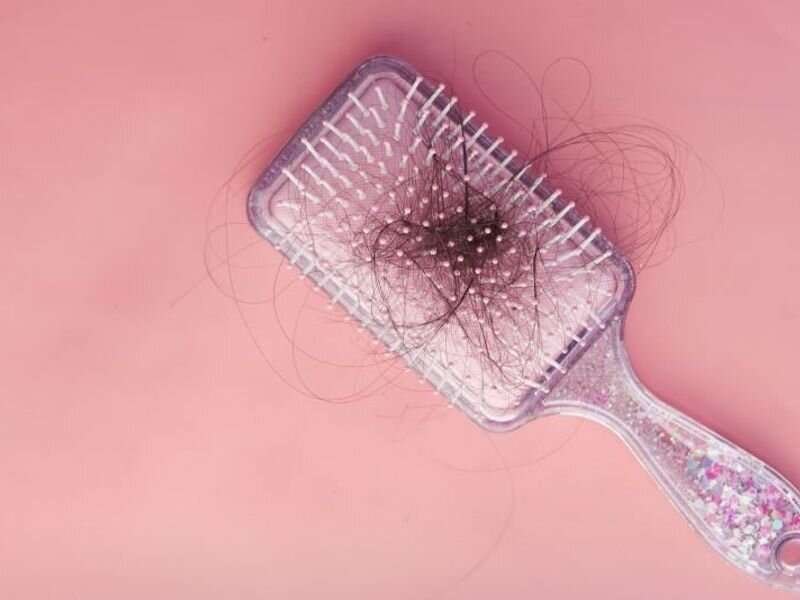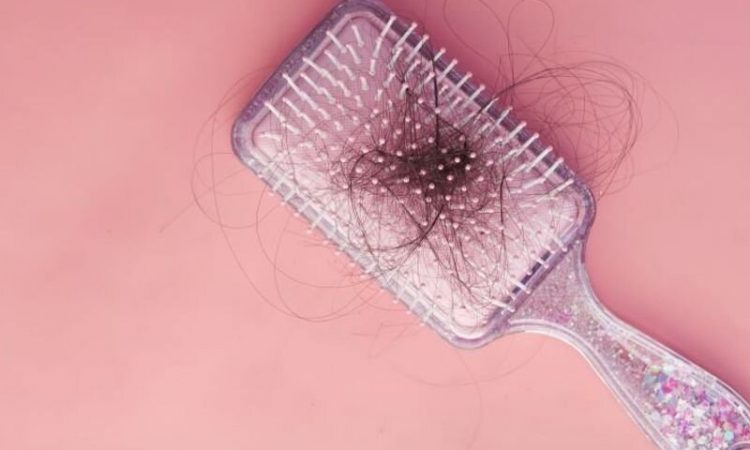
Janus kinase (JAK) inhibitors are associated with more hair regrowth than placebo for patients with alopecia areata, according to a review published online June 27 in JAMA Network Open.
Ming Liu, Ph.D., from Lanzhou University in China, and colleagues conducted a systematic literature review to evaluate the effectiveness and safety associated with JAK inhibitors for alopecia areata. Certainty of evidence was evaluated using the Grading of Recommendations, Assessment, Development, and Evaluations (GRADE) approach.
Based on seven randomized controlled trials (1,710 patients), the researchers found that JAK inhibitors were associated with more patients achieving 50 percent improvement (odds ratio, 5.28; 95 percent confidence interval [CI], 1.69 to 16.46; GRADE assessment: low certainty) and 90 percent improvement (odds ratio, 8.15; 95 percent CI, 4.42 to 15.03; GRADE assessment: low certainty), based on the Severity of Alopecia Tool (SALT) score from baseline versus placebo. JAK inhibitors were associated with more reduced SALT scores from baseline versus placebo (mean difference, –34.52; GRADE assessment: moderate certainty); however, they were not associated with more treatment-related adverse events (relative risk, 1.25; 95 percent CI, 1.00 to 1.57; GRADE assessment: high certainty), including severe adverse events (relative risk, 0.77; 95 percent CI, 0.41 to 1.43; GRADE assessment: high certainty), versus placebo.
“These findings suggest that, although the safety and tolerability of JAK inhibitors were acceptable, longer trials are needed to further assess their effectiveness and safety for treatment of alopecia areata,” the authors write.
More information:
Ming Liu et al, Janus Kinase Inhibitors for Alopecia Areata, JAMA Network Open (2023). DOI: 10.1001/jamanetworkopen.2023.20351
Journal information:
JAMA Network Open
Source: Read Full Article
